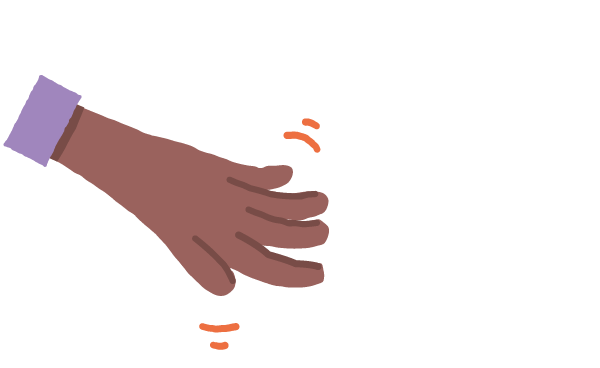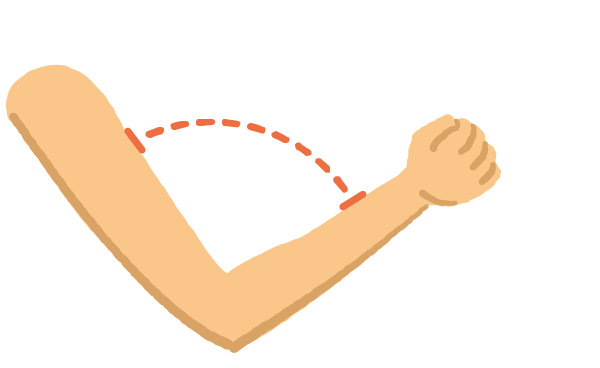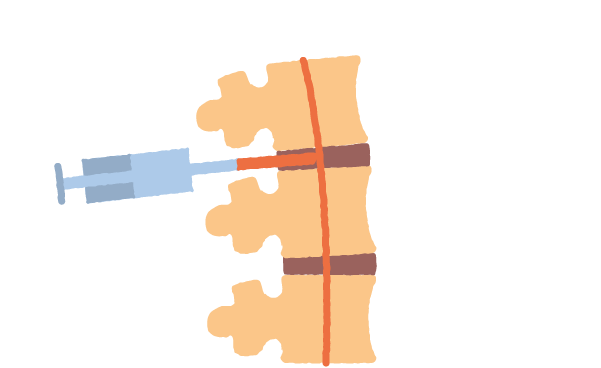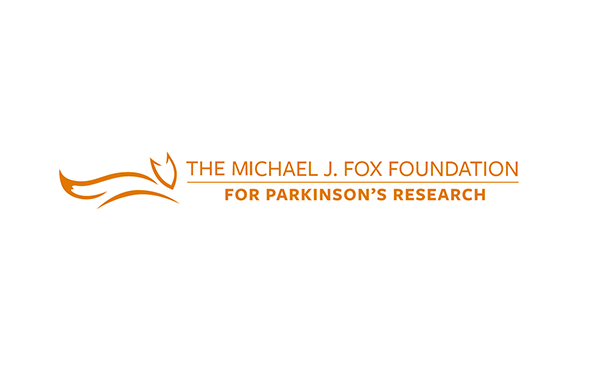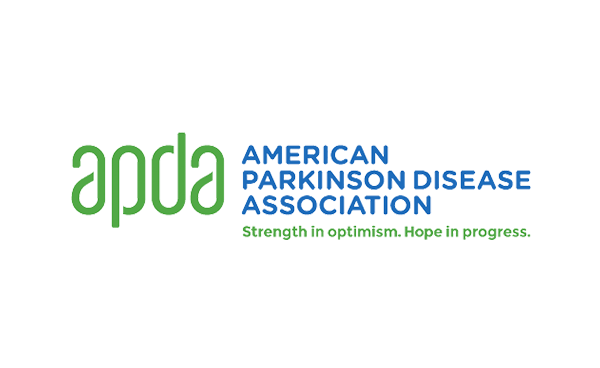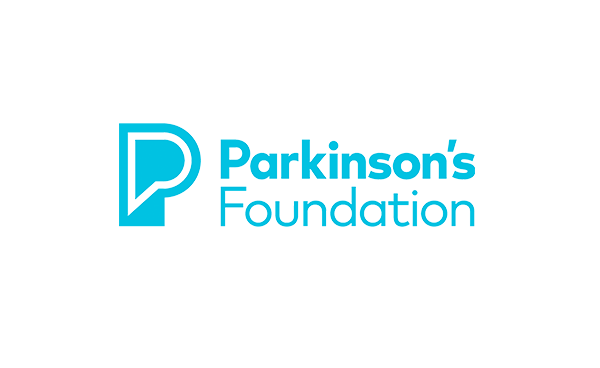Parkinson’s disease
Learn about Parkinson’s disease and what we’re
doing to help
Our Parkinson’s disease research
At Biogen, we’re exploring two areas in Parkinson’s disease:
Over-activity of a protein called LRRK2 is thought to contribute to the development of Parkinson’s disease. We’re currently studying the safety of an investigational drug that is designed to reduce LRRK levels.
A person’s natural sleep/wake rhythms can be affected by Parkinson’s disease. We’re currently exploring the safety and tolerability of an investigational drug that may have an impact on the sleep/wake cycle.
What could a Biogen Parkinson’s disease trial involve?
Before you join a trial, we first confirm your eligibility with health assessments. Then, if you’re eligible and choose to take part in a Parkinson’s disease trial, you’ll need to attend several appointments over several months or years so that we can closely monitor your health and condition with health assessments, such as:
These include looking at how you walk and your ability to balance. For example, you could be asked to walk away from, and then towards, the assessor to see if you have any problems with walking, and the assessor may also pull on your shoulders while you’re standing in a stable position to see how you physically react to being pushed off balance (while ensuring you’re not in any danger of falling over).
This involves examining your DNA, the chemical database that carries instruction for your body’s functions. Genetic testing can reveal changes (mutations) in your genes that may cause illness or disease.
Magnetic resonance imaging (MRI) uses a magnetic field and computer-generated radio waves to create detailed images of the organs and tissues in the body, including 3D images that can be viewed from different angles.
Lumbar punctures involve inserting a needle between the bones of the spine in the lower back, in order to take a small amount of cerebrospinal fluid (fluid surrounding the brain and spinal cord). The trial doctor will discuss any risks associated with this procedure with you, including, but not limited to: headache and back discomfort/pain.
Other assessments will be involved. A full list of these, and all other requirements around taking part in a trial, would be fully discussed with you before you made a decision about whether to join a trial or not.
You may be able to complete some appointments at home or over the phone with a nurse, for example, to check your vital signs or to see if you’re experiencing any side effects of the investigational drug.
And remember, if you join a clinical trial, there are many rules and regulations in place to protect your rights, safety, welfare, and personal data.
What is the role of a caregiver in a Parkinson’s disease clinical trial?
Someone who cares for you, for example, a partner, sibling, other family member, close friend, or professional caregiver, may help you during the clinical trial. This may be to help you get to and from your appointments and support you throughout the trial. Or, they might be asked to help monitor any changes in your condition and report them to us. Visit our section on caregivers for more information about their role.
How can I get involved?
To find new treatment options for Parkinson’s disease, we must first test investigational drugs in clinical trials. But in the same way that diseases like Parkinson’s can impact groups of people in different ways, how a drug works in the body can also vary for different groups of people. That’s why it’s so important that a diverse range of people take part in clinical trials.
People of color are underrepresented in Parkinson’s disease research. In fact, of the Parkinson’s disease trials that reported race and ethnicity from the past 20 years in the United States, only 8% of participants were people of color. This lack of representation creates a lot of unknowns about Parkinson’s disease in people of Afro-Caribbean and/or Hispanic/Latin heritage, which is why Parkinson’s research and the people who take part are so important in helping us better understand Parkinson’s disease and ways to potentially treat it.
You can learn more about the importance of diversity in clinical trials, and Biogen’s efforts to make an impact, here.

